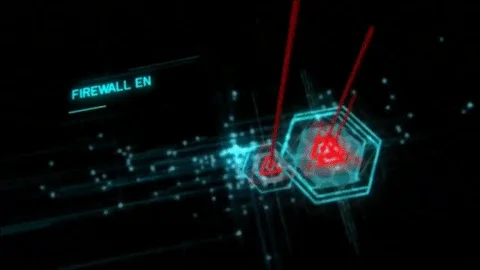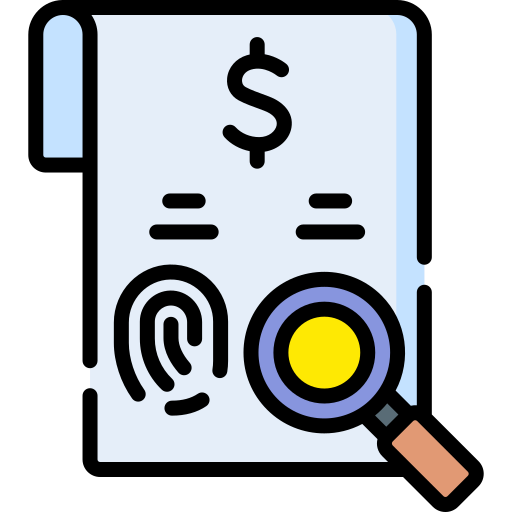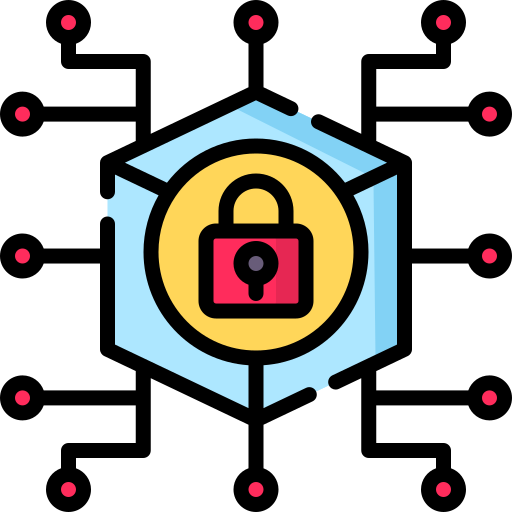Cybercrime isn't any different from traditional crimes...right?
Criminals use your personal information or a company's data for their own gain or to cause harm.
The difference is they can gain this information physically, as in burglary or deceptive calls (traditional crimes), but they can also gain this information through a computer, as in hacking or phishing (cybercrime).
 Photo by Towfiqu barbhuiya on Unsplash
Photo by Towfiqu barbhuiya on UnsplashWith a career in cybersecurity, you can stop them!
Cybersecurity is all about protecting networks, devices, and data from these criminals. Careers in cybersecurity, like cybersecurity analysts, have been in demand since the invention of the internet because of our increasing reliance on the digital world.
If you want to start a career in cybersecurity, many questions may arise, such as:
What tasks are performed in cybersecurity?
What types of jobs are available?
What training is needed?
What Cybersecurity Is About
 Photo by Jefferson Santos on Unsplash
Photo by Jefferson Santos on UnsplashCyber relates to or involves computers and/or computer networks. So, a cybersecurity analyst protects the hardware, software, and networks from threats, losses of data or information, and unauthorized access.
 Cybersecurity analysts monitor networks for security threats, such as:
Cybersecurity analysts monitor networks for security threats, such as:
Attempts to access personal or classified information
Password intrusions (someone attempting to guess passwords)
Real-time incidents of cyber crimes
Vulnerabilities in systems and networks
 Cybersecurity analysts may also:
Cybersecurity analysts may also:
Work alone or with a team to develop best practices
Perform risk assessments
Conduct research related to security threats
Create or update security protocols
Perform tests on computer systems
Identify potential security risks
Stop security threats
Repair any damage to networks and systems

You may hear the title information security analyst used interchangeably with cybersecurity analyst.
The difference is that information security analysts not only tend to the security of data on networks but they also tend to data stored in physical places, like filing cabinets, or data that is insider employee knowledge.
Entering the Cybersecurity Field
 Photo by ThisisEngineering RAEng on Unsplash
Photo by ThisisEngineering RAEng on UnsplashYou'll need certifications, skills, and experience to enter cybersecurity depending on the specific career that interests you most. Entry-level careers may require only a certificate while careers such as digital forensics may require a bachelor's or master's degree in computer science.
Possible Pathways to a Cybersecurity Career

Experience
Work in an IT (information technology) job
Work through internships or practicum experience

Education & Certification
 Skills
Skills
Scripting: create a sequence of instructions
Intrusion detection: discover compromises to network security
Network security control: monitor and secure wired and wireless networks
Operating systems: know the ins & outs of computer software systems
Incident responses: handle data breaches
Cloud computing: understand internet computer services
DevOps (development operations): make security a vital part of software development
Threat knowledge: identify different cyber threats
Regulations and regulatory guidelines: follow industry compliance
Cybersecurity Careers
 The education, skills, and experience needed to enter cybersecurity are diverse but so are the duties performed in each type of related job. Here are a few jobs worth checking out!
The education, skills, and experience needed to enter cybersecurity are diverse but so are the duties performed in each type of related job. Here are a few jobs worth checking out!
 Information Security Analyst
Information Security Analyst
Average Salary: $107,343
Certifications: CompTIA Security+, GIAC Certified Intrusion Analyst (GCIA) or GIAC Certified Incident Handler (GCIH)
Duties:
Monitor & investigate security breaches
Document & report security breaches
Research current IT trends
Help with security products and procedures
Develop security strategies that help organizations
 Computer Forensic Examiner
Computer Forensic Examiner
Average Salary: $90,000
Certifications: GIAC Certified Forensic Analyst, EnCase Certified Examiner (EnCE), AccessData Certified Examiner (ACE)
Duties:
Collect & preserve digital evidence found on computers, mobile phones, and other digital devices
Maintain chain of custody showing who's accessed the evidence
Analyze digital evidence for malicious intent
Assist law enforcement with investigations
Testify in court proceedings
 IT Auditor
IT Auditor
Average Salary: $102,242
Certifications: Certified Internal Auditor (CIA), Certified Information Systems Auditor (CISA)
Duties:
Plan & perform audits of the organization's structure to ensure compliance with acceptable security protocols
Document & present findings
Guide security measures
Design plans that propose solutions to prevent future issues
Identify more efficient opportunities that improve internal processes and performances
 Cryptography Engineer
Cryptography Engineer
Average Salary: $128,284
Certifications: EC-Council Certified Encryption Specialist (ECES)
Duties:
Develop cryptographic algorithms
Analyze existing algorithms for vulnerabilities
Implement encryption solutions
Test encryption techniques
 Penetration Tester
Penetration Tester
Average Salary: $114,856
Certifications: Certified Ethical Hacker (CEH), CompTIA PenTest+, GIAC Certified Penetration Tester (GPEN)
Duties:
Simulate cyberattacks on computer systems and networks to identify vulnerable areas
Report simulation cyberattack test results
Develop automated scripts for the process
Research and experiment with different types of attacks
Provide tech support
Quiz
Jodie works in cybersecurity. She recently uncovered a cyber threat and is working to collect as much information as possible and preserve this as evidence. What career is Jodie working in?
Take Action
 Photo by FlyD on Unsplash
Photo by FlyD on UnsplashThe world of cybersecurity is quickly growing...so are cyber threats and security risks. This is where you come in. Before you start a career in cybersecurity, what role in the field interests you the most?
Learn more about cybersecurity:
Your feedback matters to us.
This Byte helped me better understand the topic.
